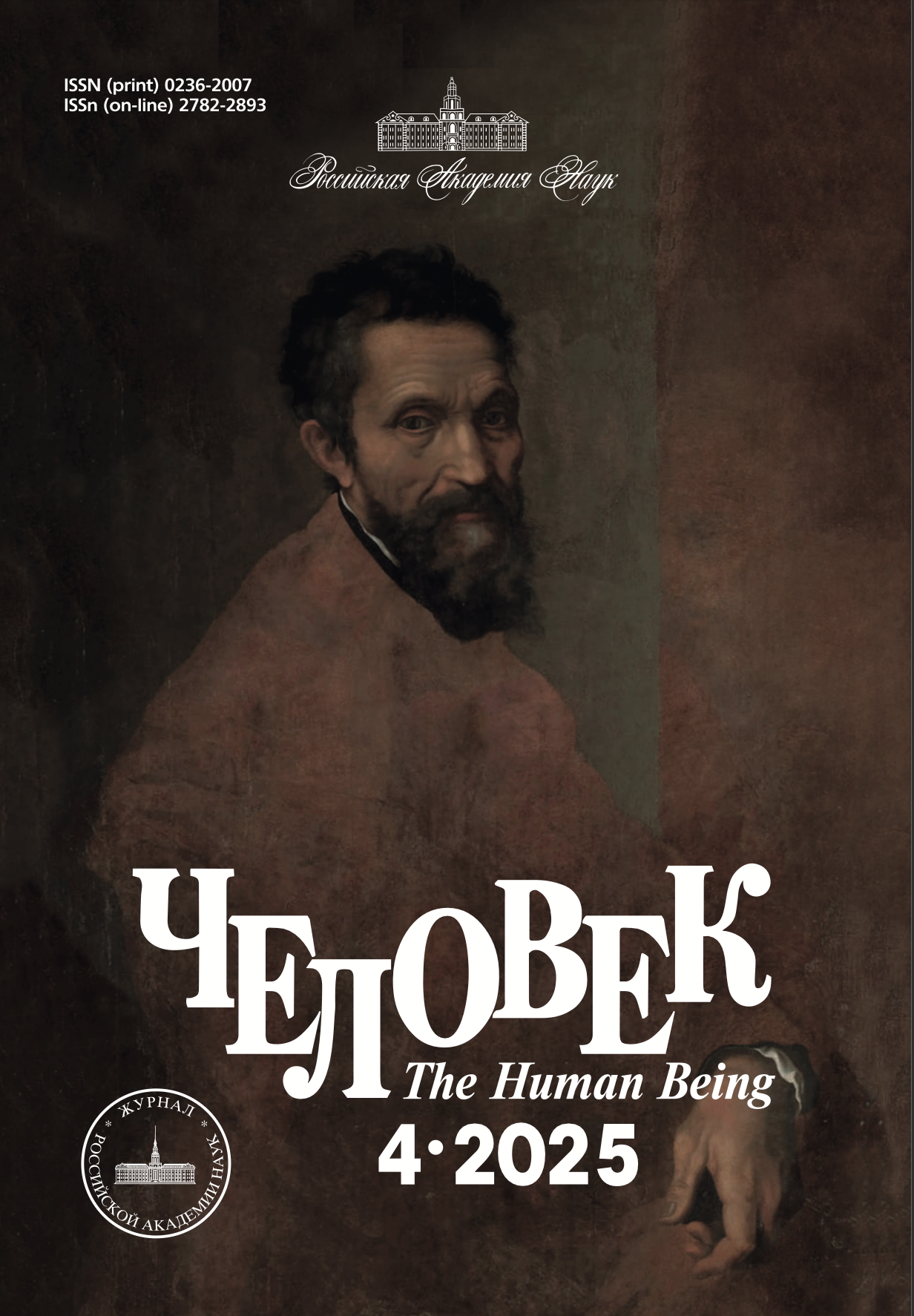Jouissance: The Role of Repetition and Avoidance Strategies
DOI:
https://doi.org/10.31857/S0236200725040085Keywords:
рsychoanalysis, repetition, melancholy, S. Freud, J. Lacan, death drive, obsessive neurosis, pleasure principle, jouissance, register of the RealAbstract
The article discusses S. Freud’s views on the cause of the obsession syndrome, which the author of the article interprets through the concept of repetition. While Freud sees in neurosis an inability to achieve pleasure through a series of repetitions in the early part of his work, in a later period the obsessive-compulsive syndrome he associates with the urge to die. For his part, J. Lacan considers the attraction to death as a place of pleasure inextricably linked to the register of the Real. And then repetition is a way to avoid the Real. According to Lacan’s theory, a neurotic subject to obsessive-state syndrome tends to endless repetitions, wishing to find and rediscover a lost object. But all it can achieve is the repetition of ersatz objects, which are in fact pacifiers, negatives of a real, authentic object. Thus, it can be assumed that at repetition the emptiness itself multiplies — negativity, which hide behind objects — erzatsa. This void is interestingly placed inside the subject, leading to melancholy and depression. By agreeing that repetition is the production of emptiness, one can imagine a repetition of events whose negativity has tangible consequences in social reality. At the public level, this is manifested in the formation of spaces of insciency, as written by A. Yurchak, or in the general depression after the revolutionary states, as written by A. Magun. According to K. Yuhannison, the state of depression manifests itself either in the fact that the subject goes into himself or, conversely, in the fact that the subject starts to waste himself. The author of the article asks whether it is possible to achieve pleasure by avoiding these two extremes.For this he considers the possibility of releasing pleasure, having, as opposed to pleasure, an active beginning, from a destructive context, which is characteristic of the death urge.






